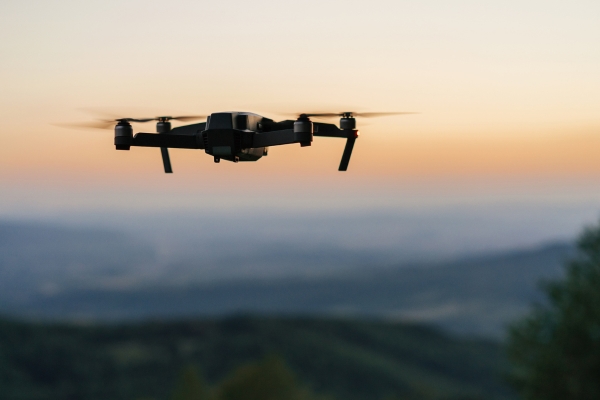
From drones to data: the role of technology in wildlife conservation
Dr Cat McNicol discusses the impact that rapid advances in technology are having on research centred around sustainable shooting and conservation.
Get information on the legal shooting season for mammals and birds in the UK.
Apply for funding for your project or make a donation today
Comprehensive information and advice from our specialist firearms team.
Everything you need to know about shotgun, rifle and airgun ammunition.
Find our up-to-date information, advice and links to government resources.
Everything you need to know on firearms law and licensing.
All the latest news and advice on general licences and how they affect you.
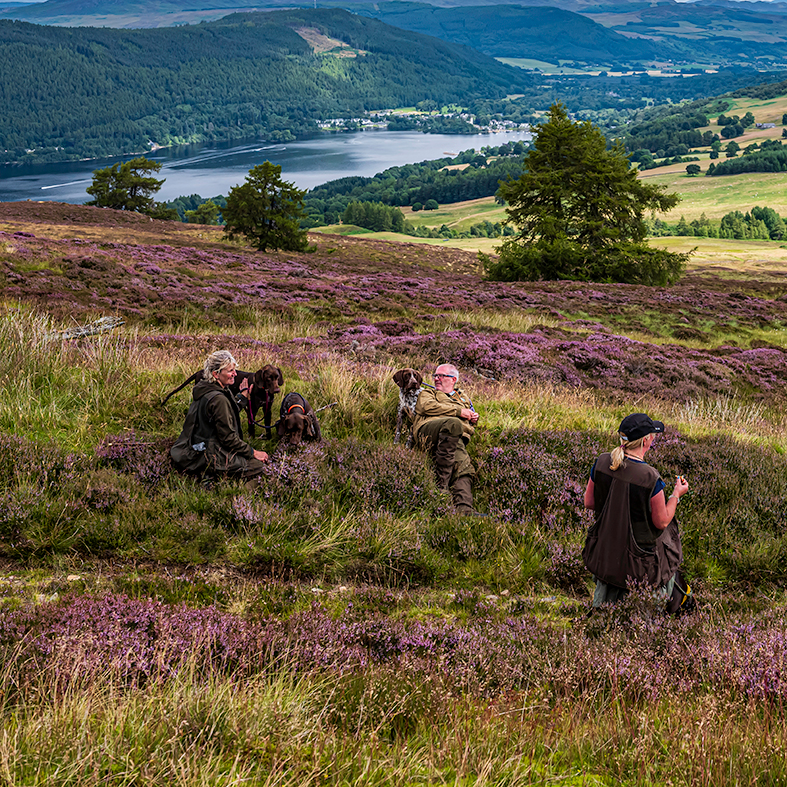

Integrated moorland management means taking a holistic view of how best to manage upland landscapes, says Alex Farrell ahead of the opening of the grouse season.
Progress; the process of gradually improving something, moving it to an enhanced or more developed state. For those of us who really care about what we do each day, and what impact our choices and efforts have on the life constantly circling around us, progress is important.
For a way of life so steeped in heritage and tradition, shooting nevertheless has progress written all over it. Lowland shoots are always trying to make things better, be that by planting hedges, sowing cover crops – which help farmland birds as much as they do gamebirds – and improving woodland habitats to the benefit of a plethora of flora and fauna.
As you move higher above sea level to grouse moors, the attitude to progress is no different. The level of pressure however might well be. Grouse shooting arguably has the greatest cross to bear, attracting a larger proportion of naysayers wielding tags of ‘elitism’ at will.
There is money involved in grouse shooting for sure, and the vast majority of that money comes via the private investment of landowners and shoot tenants. That spending is a shot in the arm for the UK’s moorland landscapes and local communities year-in year-out, whether any shooting takes place or not.
It’s a daunting prospect talking about progress out loud, as it suggests that there is baseline that we wish to move forward from. It’s true, we do want to do better, to do the best in fact. The best for wildlife and biodiversity, the best for local economies, and the best for the climate.
It’s the people who know our wild upland landscapes best that drive improvements in all three of these areas. That in itself is complex. Integrated moorland management is much wider than shooting. It is a holistic view of how best to manage upland landscapes, including the role of shooting within this.
This vital work protects some of the most important landscapes in the UK, with shooting estates making up 29 per cent of upland SSSIs. Indeed, many of these sites were designated in the first place due to the habitats and species which were brought about by grouse moor management. Special Protection Areas (SPAs) in England follow a similar pattern, with 74 per cent of those located in the uplands being managed as grouse moors.
In plain English, this means more species, doing better, more often. Take the globally threatened curlew for instance, whose numbers double on moorland managed for grouse as opposed to moors which are not. Indeed, moors conserved by gamekeepers support up to five-times more threatened wading birds than unmanaged landscapes.
A study of upland breeding birds in parts of England and Scotland found that densities of golden plover and lapwing were up to five-times greater on managed grouse moors compared to unmanaged moorland.
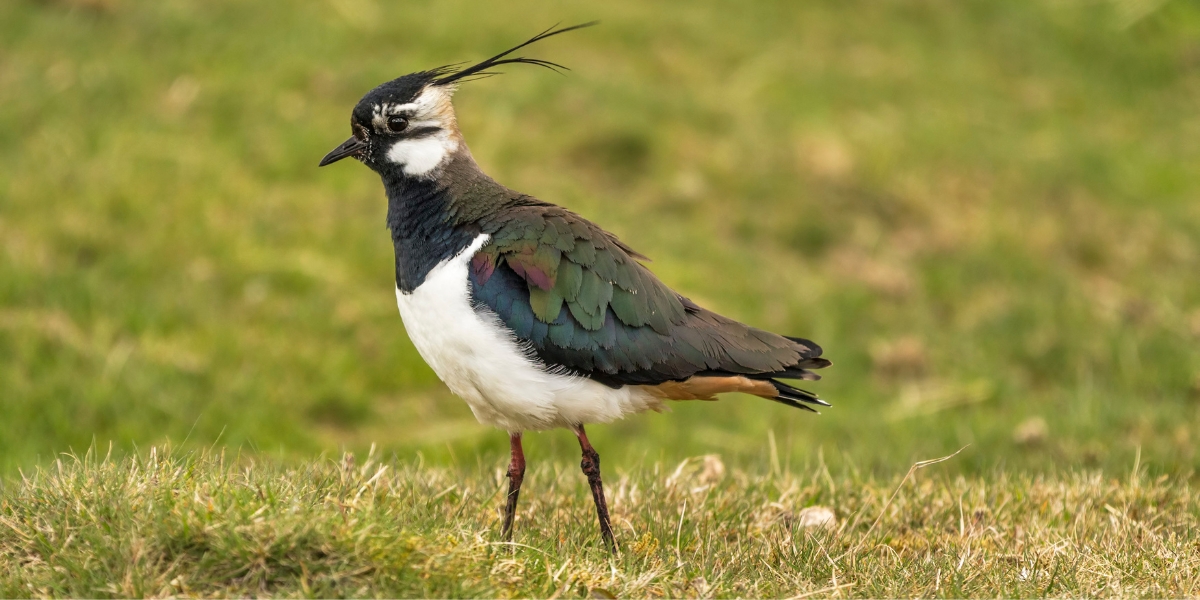
The issue of conflict over raptors vs grouse moor management is hotly debated and emotive. Natural England’s hen harrier action plan is actively backed by BASC and is testament to effective partnership working from everyone involved, including landowners and gamekeepers. We are signed up to a joint policy of zero tolerance on the illegal killing of birds of prey in all its forms.
Last year marked another record year for the number of hen harrier chicks fledged in England. The figures released by Natural England in September 2023 revealed that 141 chicks fledged, an increase on the previous breeding season for the seventh year in a row.
Although the aim is to continue this trend, poor weather this Spring, possibly causing a lack of available prey, makes it likely that the number of hen harrier chicks fledging this year has been impacted.
A Forestry Commission report published last year stated that there were 2,495 wildfires in the uplands of England in the 12 years between 2009-10 and 2020-21, of which 42.8 per cent took place on mountain, heath or bog land.
These numbers outline the level of risk around wildfires and reinforce the importance of prevention measures by land managers and gamekeepers. Without a toolbox of heather management practices, which includes controlled burning, our upland landscapes could look very different.
The role of controlled burning, carried out in accordance with Natural England directives, burns the top layer of vegetation but not the peat below it and plays a vital role in wildfire mitigation. By reducing the fuel load and creating fire breaks, controlled burning is considered by the fire and rescue services to be a critical component of wildfire prevention plans.
Considering that the UK’s uplands are also our largest carbon store, prevention of wildfires – which can omit many times more CO2 than controlled burning on the same site – is essential for the prevention of the environmentally and ecologically catastrophic wildfires that are seen on unmanaged moorland.
Grouse shooting is vital for the economic health of rural upland communities, and the income generated by shoot visitors for local businesses, such as pubs and hotels, may well take a hit this year.
The number of people employed by grouse shooting in England, Scotland and Wales is 2,500, and it is worth remembering that these are precious jobs which underpin the stability of fragile rural economies.
This year, although the ‘Glorious Twelfth’ will mark the traditional opening of another grouse season, there will be very little grouse shooting. A combination of factors, including poor weather in the Spring, have negatively affected red grouse densities. Since shooting is dependent on taking only sustainable surplus of the population, the moors will remain largely quiet.
But there, in the background, the work to nurture and conserve these beautiful landscapes – and the life within them – continues, unabated.


Dr Cat McNicol discusses the impact that rapid advances in technology are having on research centred around sustainable shooting and conservation.
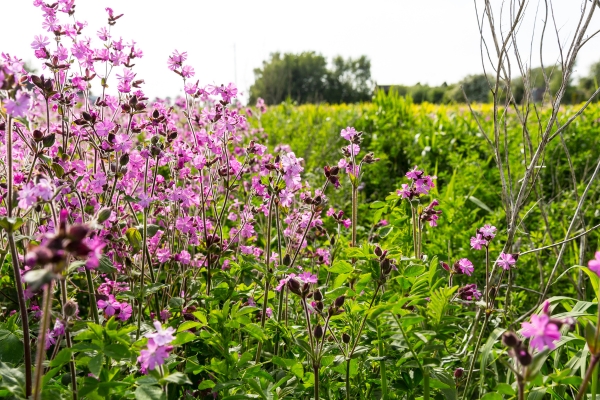
Ian Danby highlights the opportunities for shooting and landowners within 2024 updates to the English farming and environmental support schemes.
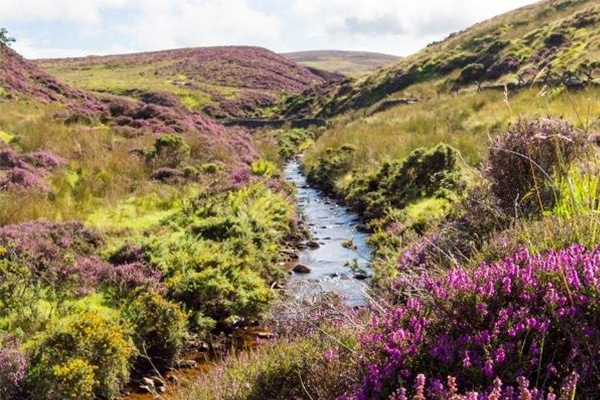
BASC was one of four ‘Interested Parties’ defending against Wild Justice’s legal challenge to burning regulations in England.